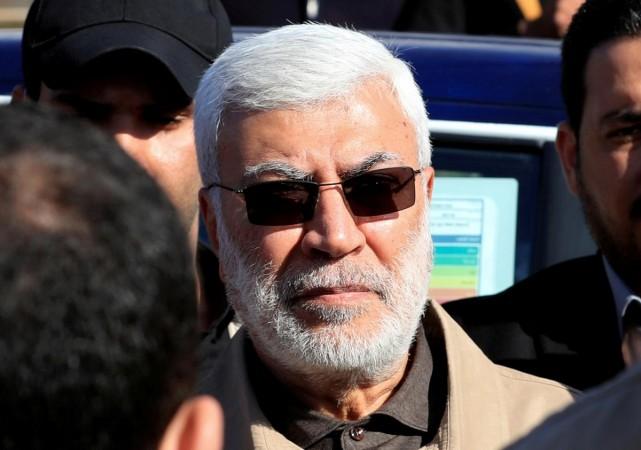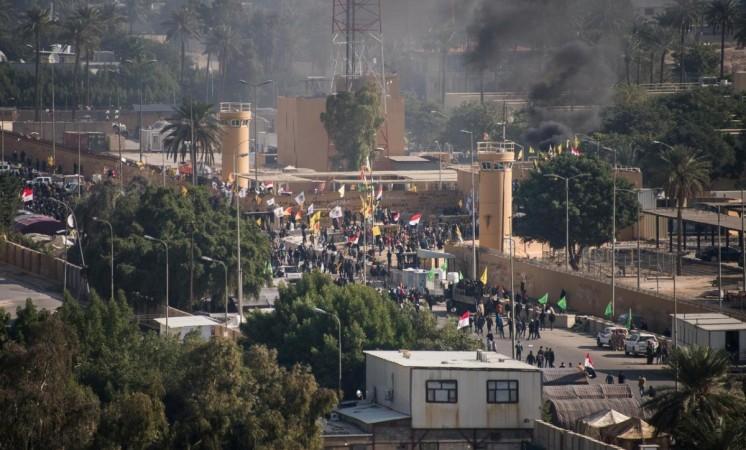The head of Iran's elite Quds Force, Major-General Qassem Soleimani, was killed in a US airstrike at Baghdad's international airport early on Friday, January 3. According to local reports, apart from Soleimani, Iraqi militia commander Abu Mahdi al-Muhandis was also killed in the attack.

Following the attacks, the US Department of Defence said: "At the direction of the President, the US military has taken decisive, defensive action to protest US personnel abroad by killing Qassem Soleimani."
"Soleimani was actively developing plans to attack American diplomats and service members in Iraq and throughout the region."
Strikes had been carried out against two targets linked to Iran in Baghdad on Thursday, US officials told Reuters. The officials, speaking on condition of anonymity, declined to give any further details.
Iraqi paramilitary groups said on Friday that three rockets hit Baghdad International Airport, killing five members of Iraqi paramilitary groups and two "guests".
The rockets landed near the air cargo terminal, burning two vehicles, killing and injuring several people.
Rising tensions
The region was seeing escalating tensions after the US strike on Popular Mobilisation Forces (PMF) - an umbrella grouping of Iran-backed militias forces - near Iraq's border with Syria, and the attack on the US Embassy in Baghdad on Tuesday.

Following the attack on the US Embassy, President Donald Trump had threatened Iran, blaming it for the attack. Iran "will pay a very big price" for any damage or loss of life. "This is not a warning, it is a threat," Trump had tweeted.
However, Iran's Supreme Leader Ayatollah Ali Khamenei had responded by saying the US "can't do a damn thing".
Who was Qassem Soleimani?
Soleimani, who has led the foreign arm of the Revolutionary Guards and has had a key role in fighting in Syria and Iraq, acquired celebrity status at home and abroad.
He was instrumental in the spread of Iranian influence in the Middle East, which the United States and Tehran's regional foes Saudi Arabia and Israel have struggled to keep in check.
He survived several assassination attempts against him by Western, Israeli and Arab agencies over the past two decades.
Soleimani's Quds Force, tasked with carrying out operations beyond Iran's borders, shored up support for Syrian President Bashar al-Assad when he looked close to defeat in the civil war raging since 2011 and also helped militiamen defeat Islamic State in Iraq.
Soleimani became head of the Quds Force in 1998, a position in which he kept a low profile for years while he strengthened Iran's ties with Hezbollah in Lebanon, Syrian President Bashar al-Assad's government and Shi'ite militia groups in Iraq.
(With agency inputs)















